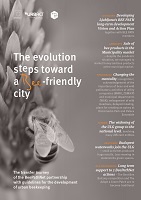Networks and cities' news
Catch up on the latest updates from cities working together in URBACT Networks. The articles and news that are showcased below are published directly by URBACT’s beneficiaries and do not necessarily reflect the programme’s position.
Want to learn more about the projects that are featured here? Discover the URBACT Networks.

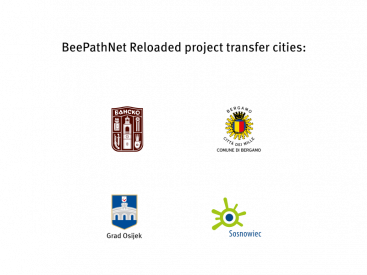

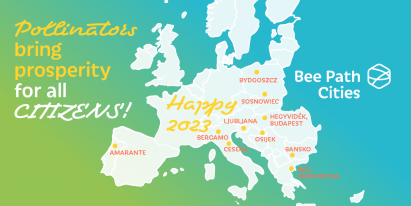
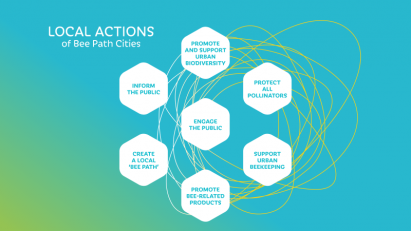
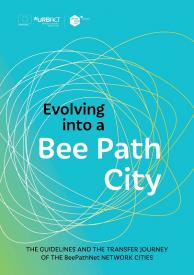
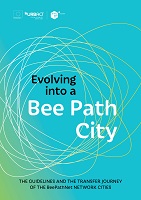 We developed guidelines – tools for cities that would like to evolve into a Bee Path City. There is a short edition “Evolving into a Bee Path City” (issued in 2022) where we summarise all key aspects of our transfer journey. It is meant to encourage new cities to follow our steps and, hopefully, read the full version of the guidelines. With special support of URBACT it was translated into 12 languages.
We developed guidelines – tools for cities that would like to evolve into a Bee Path City. There is a short edition “Evolving into a Bee Path City” (issued in 2022) where we summarise all key aspects of our transfer journey. It is meant to encourage new cities to follow our steps and, hopefully, read the full version of the guidelines. With special support of URBACT it was translated into 12 languages.